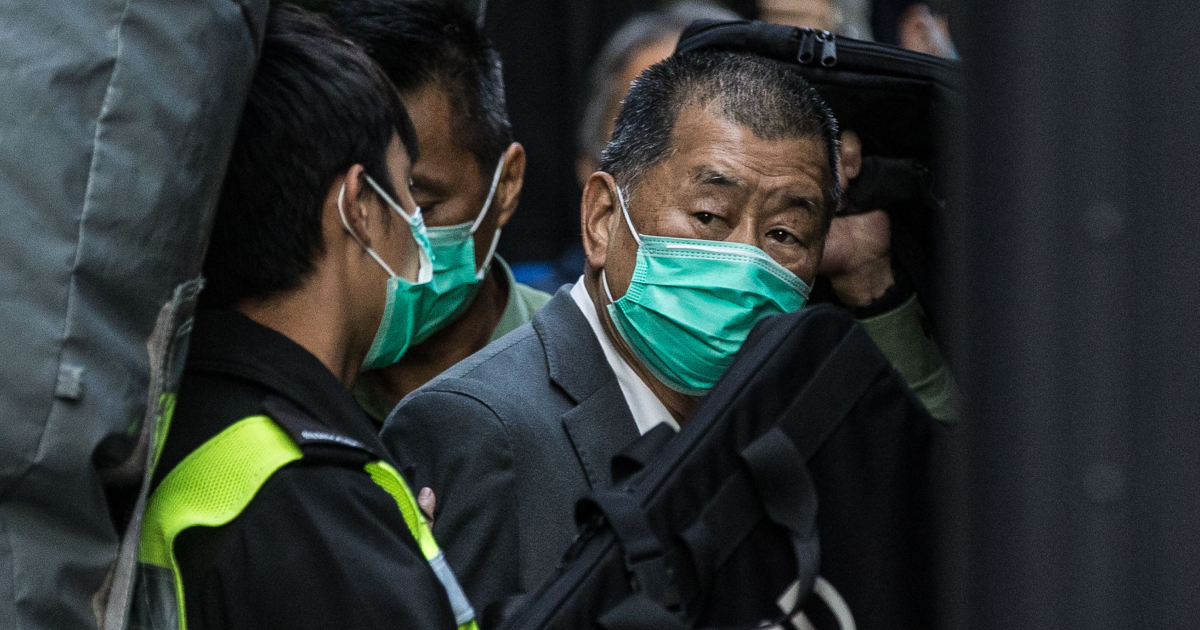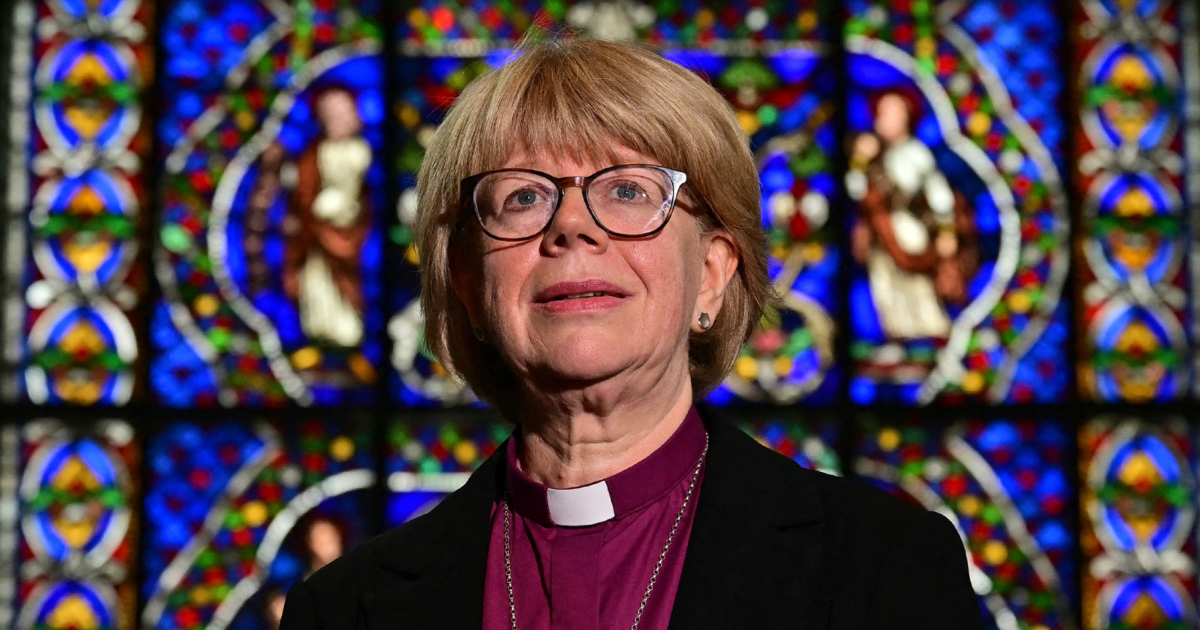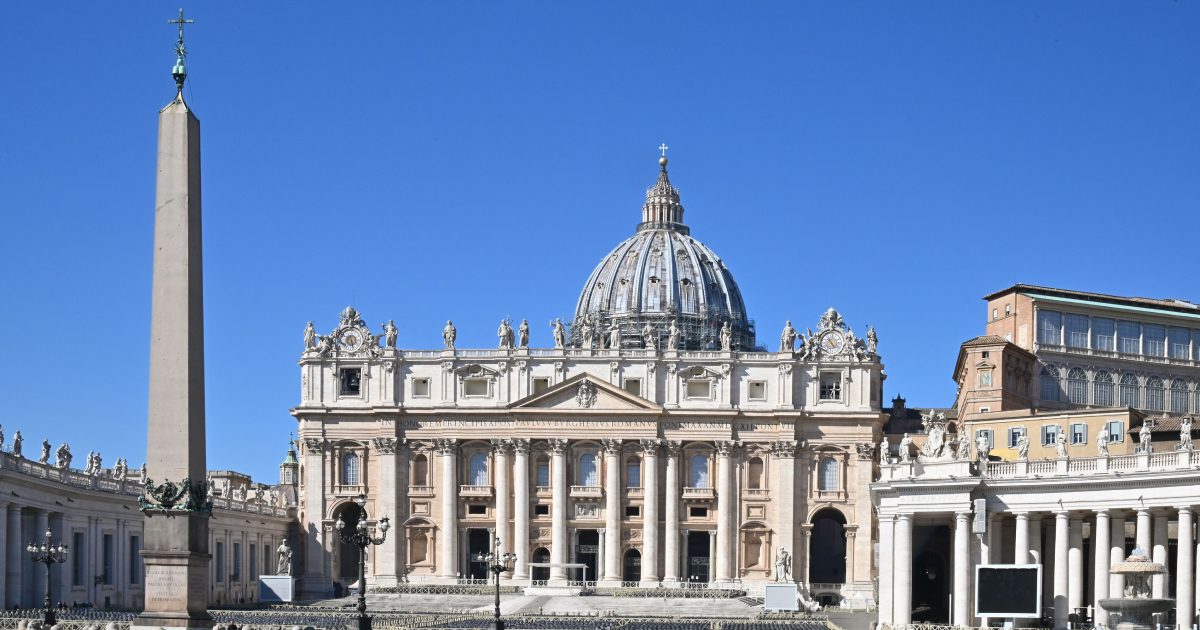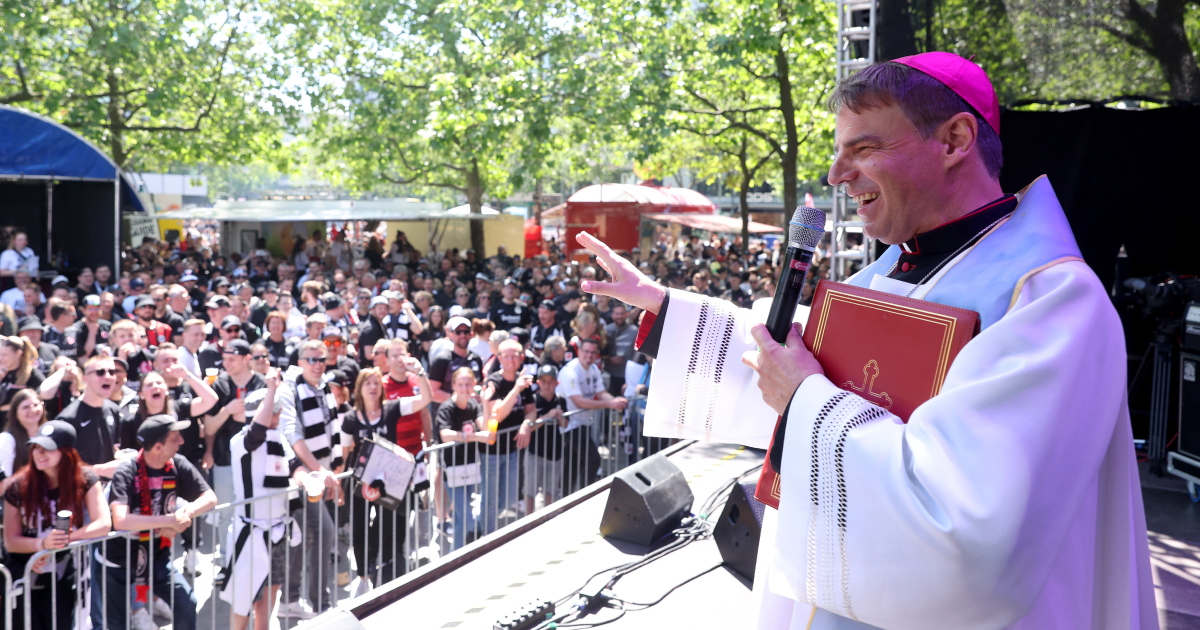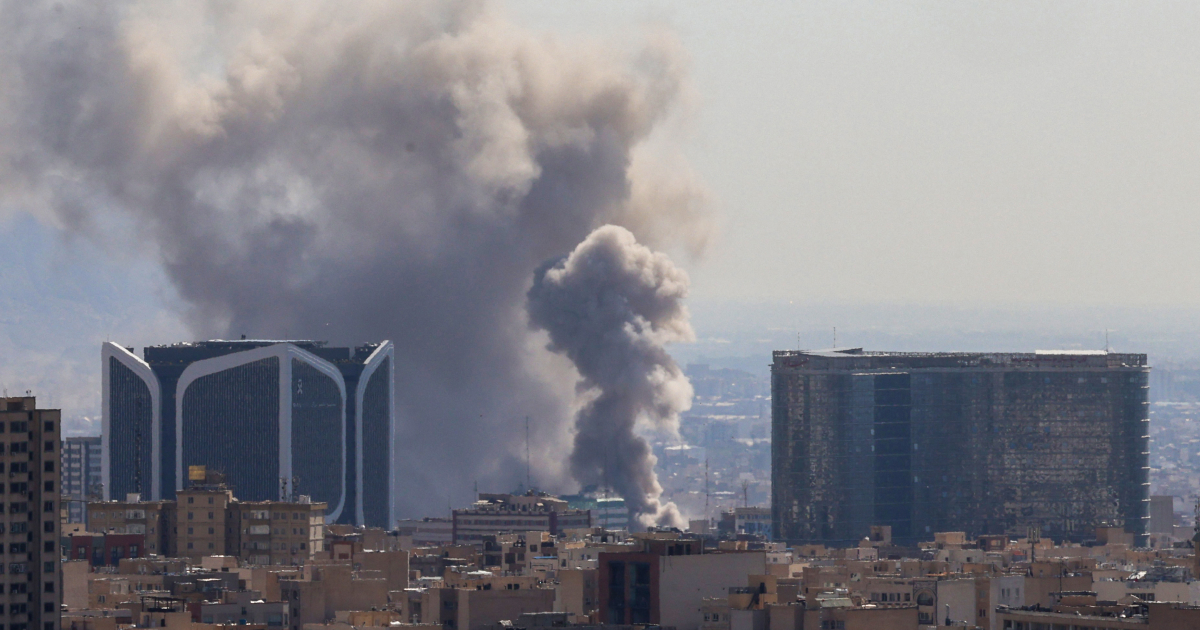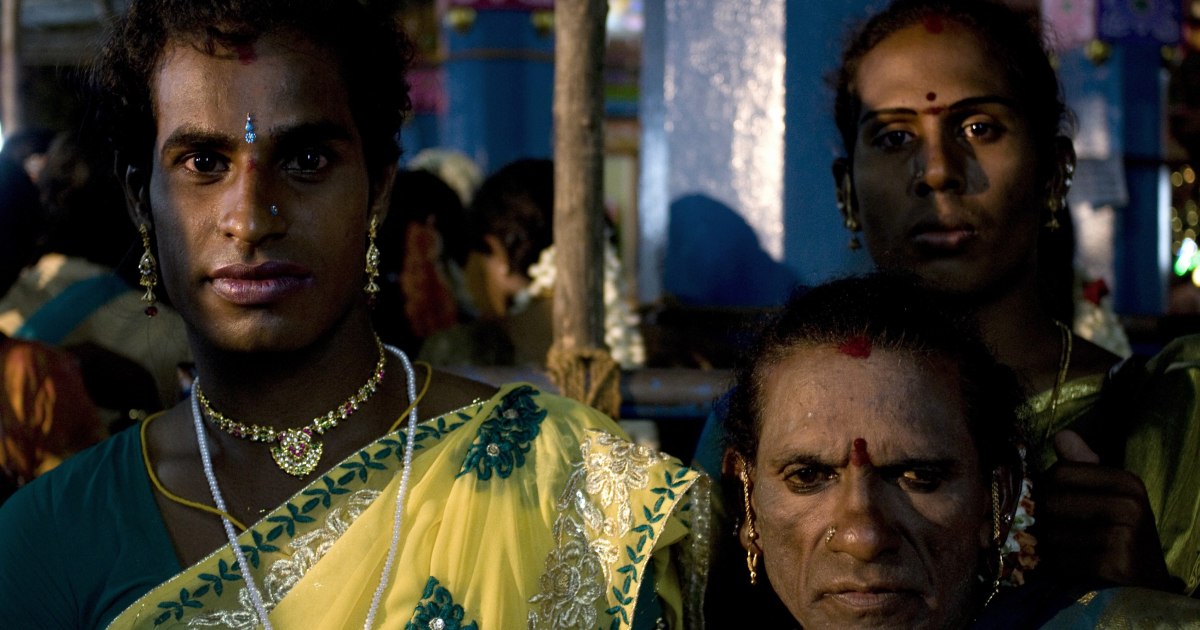For years, the consensus was that an American pope would never fly. Since the US overtook the British Empire as the world’s pre-eminent political and economic power, the consensus has been that an American pontiff would concentrate too much power in one country, while a non-American head of the Catholic Church would offer some counterweight to US influence. Smarting Europeans and wary Latin Americans would, the consensus went, be especially wary of electing a pope from the US. But times change. Today, the US faces the prospect of relative decline, as the threat of war hangs over the country, not least from the People’s Republic of China. While a heavy blow to US influence, this could open the door for an American pope, as Europeans and Latin Americans – as well as others from the Global South (already hugely represented among the College of Cardinals) – warm up to the idea.
There is the prospect of a dark-horse candidate, such as conservative Cardinal Burke, or perhaps the newly-promoted Cardinal McElroy, but other front-runners could include Cardinal Sean O’Malley, Archbishop of Boston and a member of the Order of Friars Minor Capuchin, as well as Cardinal Timothy Dolan, the Archbishop of New York, both of whom scored relatively well in the 2013 vote which saw Pope Francis pave the way for a non-European pontiff. As reported by America magazine, back in 2013, in the first-round of voting for the next pope, Cardinal O’Malley came fourth with 10 votes. According to Gerard O’Connell: “The archbishop of Boston had much in his favor: He is a pastor, well liked, with a simple lifestyle; he speaks Spanish fluently and has a sterling track record on handling cases of sexual abuse of minors by clergy.” Cardinal Dolan also received two votes in the first round. Both O’Malley and Dolan are also relatively young (78 and 72, respectively).
With another North American – Cardinal Ouellet (who came third with 22 votes in the first round in 2013) – having a cloud over him due to a recent allegation, even if nothing comes of it, an American candidate maybe has an even better chance next time around. In 2019, Michelle Boorstein, writing for the Washington Post, said of the voting: “Some said it showed the cardinals were strongly driven by a desire for geographical diversity, as the church has been shrinking for years in Europe. Others said Bergoglio’s rise, and a strong showing for O’Malley, showed voters’ attraction to clerics known for their focus on the poor, immigrants, social questions and a simple lifestyle — compared with those known for their theological focus and correctness and clarity.”
Kathleen Sprows Cummings, at the University of Notre Dame, however said she was shocked O’Malley got so many votes and that Americans have been voting in papal conclaves only for roughly the last century. According to Cummings, votes for Cardinal O’Malley could reflect a desire for a simpler papal image. O’Malley is, after all, from a religious order which promotes humility. Cardinal Dolan, meanwhile, is more of a noted conservative. Having once led the United States Conference of Catholic Bishops (USCCB), Dolan has previously opposed abortion and same-sex marriage. However, in 2018, he said “while any sexual expression outside of a man and woman in marriage is contrary to God’s purpose, so is not treating anyone, including a gay person, with anything less than dignity and respect.” More recently, Dolan warned against demonising police. Writing in the New York Post, the cardinal said: “One of the tumors on our beloved nation, past and present, is that we often target African-Americans, profile them, caricature them, blame them and suspect them as the cause of all evil and woe in society. That is raw injustice. But for God’s sake, let’s not now, in a similar way, stereotype the NYPD.”
Based then on 2013, the chances of a US pope have surely gone up. The potential cloud hanging over Canadian Cardinal Ouellet may increase the chances of a pope from the US, while the relative decline of US power will weaken the sense that an American pope would concentrate too much power in the hands of one country. Given that Francis set a precedent for a non-European pontiff, and given how international the College of Cardinals now is, the likelihood of a US pope has jumped further still. The current crop of top US clerics does reflect the diversity of opinion within the American Church although that may be a strength as much as a weakness. Perhaps most interesting is the implications a US pope would have for the faith in the US, given the rise of New Right Catholics and social media “trads”. Whatever else, unlike in previous years, the chances of a US pope cannot be dismissed. Whether O’Malley or Dolan, or an outside runner, the odds are increasing.
For years, the consensus was that an American pope would never fly. Since the US overtook the British Empire as the world’s pre-eminent political and economic power, the consensus has been that an American pontiff would concentrate too much power in one country, while a non-American head of the Catholic Church would offer some counterweight to US influence. Smarting Europeans and wary Latin Americans would, the consensus went, be especially wary of electing a pope from the US. But times change. Today, the US faces the prospect of relative decline, as the threat of war hangs over the country, not least from the People’s Republic of China. While a heavy blow to US influence, this could open the door for an American pope, as Europeans and Latin Americans – as well as others from the Global South (<a href="https://catholicherald.co.uk/popes-college-of-cardinals-is-becoming-less-european/">already hugely represented among the College of Cardinals</a>) – warm up to the idea.
There is the prospect of a dark-horse candidate, <a href="https://catholicherald.co.uk/cardinal-burke-the-dark-horse-in-the-running-to-succeed-pope-francis/">such as conservative Cardinal Burke</a>, or perhaps <a href="https://catholicherald.co.uk/mcelroy-vs-cordileone-the-battle-for-american-catholicism/">the newly-promoted Cardinal McElroy</a>, but other front-runners could include Cardinal Sean O’Malley, Archbishop of Boston and a member of the Order of Friars Minor Capuchin, as well as Cardinal Timothy Dolan, the Archbishop of New York, both of whom scored relatively well in the 2013 vote which saw Pope Francis pave the way for a non-European pontiff. As <a href="https://www.americamagazine.org/faith/2019/03/22/exclusive-inside-election-pope-francis">reported</a> by <em>America</em> magazine, back in 2013, in the first-round of voting for the next pope, Cardinal O’Malley came fourth with 10 votes. According to Gerard O’Connell: “The archbishop of Boston had much in his favor: He is a pastor, well liked, with a simple lifestyle; he speaks Spanish fluently and has a sterling track record on handling cases of sexual abuse of minors by clergy.” Cardinal Dolan also received two votes in the first round. Both O’Malley and Dolan are also relatively young (78 and 72, respectively).
With another North American – Cardinal Ouellet (who came third with 22 votes in the first round in 2013) – having a cloud over him due to a recent allegation, even if nothing comes of it, an American candidate maybe has an even better chance next time around. In 2019, Michelle Boorstein, <a href="https://www.washingtonpost.com/religion/2019/03/22/american-pope-rare-leaked-report-pope-franciss-election-reveals-who-got-votes/">writing</a> for the <em>Washington Post</em>, said of the voting: “Some said it showed the cardinals were strongly driven by a desire for geographical diversity, as the church has been shrinking for years in Europe. Others said Bergoglio’s rise, and a strong showing for O’Malley, showed voters’ attraction to clerics known for their focus on the poor, immigrants, social questions and a simple lifestyle — compared with those known for their theological focus and correctness and clarity.”
Kathleen Sprows Cummings, at the University of Notre Dame, however said she was shocked O’Malley got so many votes and that Americans have been voting in papal conclaves only for roughly the last century. According to Cummings, votes for Cardinal O’Malley could reflect a desire for a simpler papal image. O’Malley is, after all, from a religious order which promotes humility. Cardinal Dolan, meanwhile, is more of a noted conservative. Having once led the United States Conference of Catholic Bishops (USCCB), Dolan has previously opposed abortion and same-sex marriage. However, in 2018, he said “while any sexual expression outside of a man and woman in marriage is contrary to God’s purpose, so is not treating anyone, including a gay person, with anything less than dignity and respect.” More recently, Dolan <a href="https://nypost.com/2020/07/01/stop-demonizing-the-nypd-cardinal-dolan/">warned</a> against demonising police. Writing in the New York Post, the cardinal said: “One of the tumors on our beloved nation, past and present, is that we often target African-Americans, profile them, caricature them, blame them and suspect them as the cause of all evil and woe in society. That is raw injustice. But for God’s sake, let’s not now, in a similar way, stereotype the NYPD.”
Based then on 2013, the chances of a US pope have surely gone up. The potential cloud hanging over Canadian Cardinal Ouellet may increase the chances of a pope from the US, while the relative decline of US power will weaken the sense that an American pope would concentrate too much power in the hands of one country. Given that Francis set a precedent for a non-European pontiff, and given how international the College of Cardinals now is, the likelihood of a US pope has jumped further still. The current crop of top US clerics does reflect the diversity of opinion within the American Church although that may be a strength as much as a weakness. Perhaps most interesting is the implications a US pope would have for the faith in the US, given <a href="https://catholicherald.co.uk/catholic-trads-and-the-new-right-can-save-america-given-the-right-conditions/">the rise of New Right Catholics and social media “trads”</a>. Whatever else, unlike in previous years, the chances of a US pope cannot be dismissed. Whether O’Malley or Dolan, or an outside runner, the odds are increasing.








